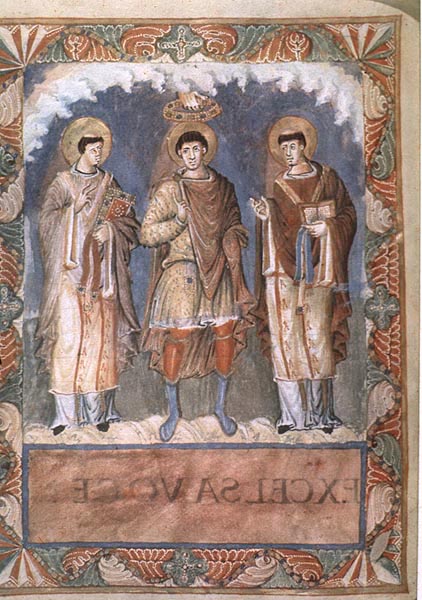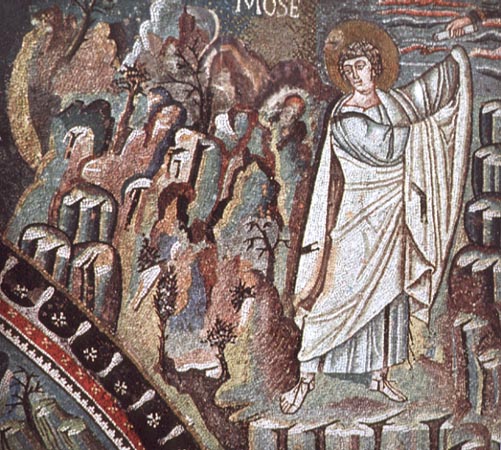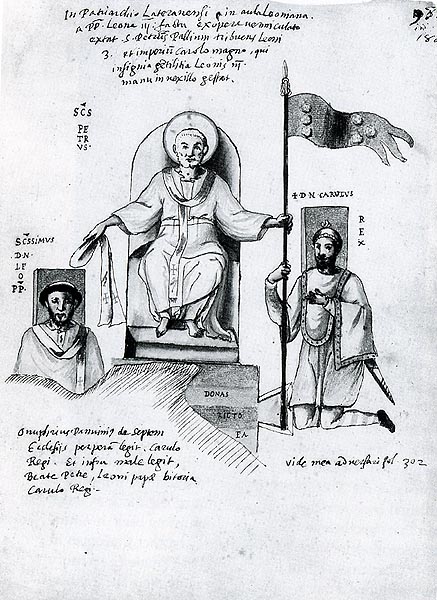

|
The Beliefs and Assumptions of New Historicism By Angelo Arvizo
New Historicism approaches a literary work through an analysis of its historical and cultural context. It reveals the connections between art and society by exposing literature's consideration and engagement with cultural, societal, and political influences of a works' time. This approach unveils lost contexts on the power dynamics, despotism, and subjugation in a literary work. Literature is used, not as the entire focus of an analysis, but as a tool to further understand historical societies with the influence of these factors. With such an intense focus on politics and culture, a core belief of New Historicism is that any and all cultural activities are vital texts for an analysis and understanding of a piece's history. Through the lens of a New Historicist, literature is considered an indispensable provenance, a vital source that uncovers a hidden and underlying truth of a past's power structures. As such, the expectations of New Historicism have lost context among scholars, as the many different approaches to understanding history through literature have been wrongly categorized as "New Historicism" (Mambrol, "New Historicism," para. 2). New Historicism shares similarities with Cultural Materialism, such as understanding history and culture through literature. However, while Cultural Materialism centers itself on lower-class societies and economic principles, New Historicism employs an interdisciplinary stratagem relying on political science and anthropology to investigate historical contexts (Felluga, "General Introduction to New Historicism," 1). Moreover, the focus of these investigations tends to revolve around the attitudes and affairs of those in power, the higher-class society, to determine how the most dominant principles and ideas inform and shape a literary work. Prominent French thinker Michel Foucault has made significant contributions to the school of New Historicism through his perusal of power dynamics and the construction of knowledge (Felluga). Other scholars, like Stephen Alan Liu, have engaged with New Historicist criticisms and analyses, utilizing its ideas to analyze various literary works. Thus, the objective of the New Historicist is to investigate literature's past and unveil truths about the power dynamics and culture of a history through a literary work. Nuances in dialogue, narration, setting, and character are looked at closely to reveal these truths; the truths that were once snubbed throughout literary history, a hidden narrative of its own.
Angelo Arvizo will be graduating from Central New Mexico Community College with an Associates in English in the summer of 2023. Upon graduation, he will be transferring to The University of New Mexico, where he plans to major in Journalism and minor in Econ. Arvizo hopes to work as a financial writer, advisor, or analyst. |


Figure 2, (SUNY Oneonta) 

Figure 3, (SUNY Oneonta) 

Figure 4, (SUNY Oneonta) The art pieces above represent medieval power dynamics. New Historicism uses lit to analyze power dynamics in history. |
